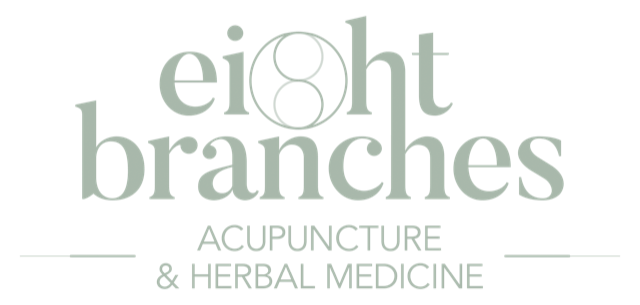Chinese Herbal Medicine
What is Chinese herbal medicine?
Chinese herbal medicine can be traced back to at least 2000 years ago. The earliest known materia medica is called the Shen Nong Ben Cao (Divine Farmers Classic of the Materia Medica) and was written from around 200 AD. It featured a collection of 365 herbs, most of which are still in common usage today.
Various Chinese medicine physicians through each of the Chinese dynasties spent their lives observing the synergistic actions and effects of herbs when put together to treat various conditions of the people in their communities. Despite the passing of the centuries, many of these are still successfully given to patients in all the different countries of the world. Here in the West, herbal medicine has gained in popularity over recent decades, but in East Asian countries it always has been routinely used alongside biomedicine to treat illness and disease. In East Asia it is fully integrated as part of the healthcare system, and has been the subject of much research, including clinical trials.
Although the herbs used within Chinese medicine are sourced from the different East Asian countries in which they are grown, many of the plants are instantly recognisable here in the UK. For instance, Gan Cao is a very commonly used herb, and is simply part of the liquorice plant. The rather beautiful and fragrant honeysuckle, seen in the hedgerows and gardens during our summertime, is Jin Yin Hua. Gui Zhi is part of the spice plant we know as cinnamon. The stunning white peony is Bai Shao … the list is endless.
Many of the herbs are also commonly used food products. This means that in some instances they can also be added, in their raw form, to soups and casseroles or drunk as a delicious tea. For instance, Gou Qi Zi, is known in the West as goji berries. These are used for their tonifying and enriching properties, and taste delicious when added to porridge. They are also delightful when combined with Ju Hua, the humble chrysanthemum flower, and delicious as a herbal tea.
How does Chinese herbal medicine work?
One of its main strengths is the fact that it takes into account the whole person, not just the symptoms. For instance, if three different people experiencing headaches book an appointment, each person may be given a very different combination of herbs. This is because a practitioner looks at the condition of the person, and the reason for the headaches, as well as the collection of symptoms.
Generally a herb is not used on its own, although this does occasionally happen. It’s usually a case of ‘better together’, as each herb complements the actions of another. A combination of herbs, known as a formula, will therefore be given. The practitioner often modifies it by adding or removing herbs to suit each individual based on their diagnosis. Many hundreds of formulas have been developed over the centuries by Chinese medicine physicians, the earliest being some 2000 years old.
Is Chinese herbal medicine safe?
If you choose a suitably qualified herbal practitioner they will know when they can safely use herbs. As with all drugs, plants can have some toxicity. Adverse reactions are usually reported where they have been self-administered, or supplied by someone who does not have sufficient knowledge. Provided they are prescribed by a highly skilled professional, Chinese herbs have a very good safety record, and their usage has been observed over many centuries. A skilled practitioner will have in depth knowledge of drug and herb interactions, and are trained to observe for all eventualities.
By choosing a member of the Register of Chinese Herbal Medicine (RCHM) for your treatment you are guaranteed a practitioner who has trained at least degree level or equivalent. Alison has a Master of Science (MSc) degree in Chinese herbal medicine, is a member of the RCHM and is also an elected member of the RCHM council. Not only are RCHM practitioners highly competent in herbs and formulas, they also study pharmacology, pharmacognosy and evidence based research practice as part of their course. Their support does of course not replace any biomedical advice from a qualified medical practitioner, and you are always advised to consult your GP.
Is Chinese herbal medicine ethical?
In the UK it is illegal to use any animal products in herbal medicine treatments, so you can be assured that your treatment is ethical and suitable for all. In some countries this is not always the case, however the RCHM and its membership vehemently oppose the illegal animal trade, including animal cruelty or the use of endangered species. Its members are committed to the use of safe and sustainable herbs and plant medicines. Their approved suppliers follow strict guidelines to ensure the highest standards, including ethical sourcing of herbs.
How do I take it?
There are different ways to take Chinese herbs. The most common are either as raw dried herbs, which are provided in a muslin bag and boiled as a decoction, or dried granules, to which boiling water is added and drunk like a tea. Here at Eight Branches, granules are currently used as they are very easy to prepare.
How much does it cost?
The prices vary as it depends on dosage. Most herbs are 30p per gram and the typical cost is around £15-£20 per week. Consultations are charged separately.
What does Chinese herbal medicine help?
It can be used for many different symptoms in people of all ages. Please feel free to get in touch with Alison for an informal chat about Chinese herbal medicine.

